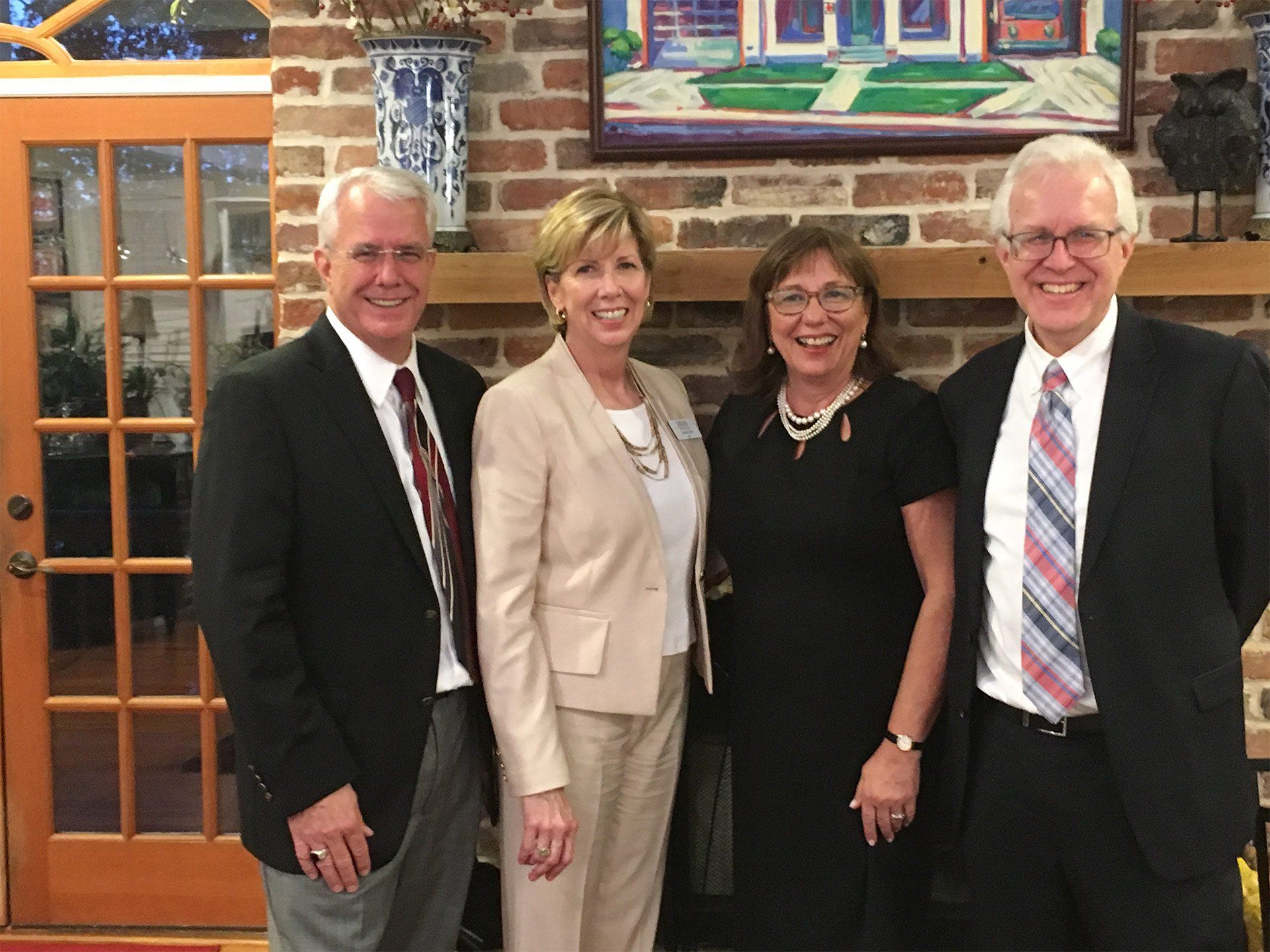Jewish Museum Would Provide Myriad Local Benefits
This is a subtitle for your new post
As we contemplate our New Year’s resolutions and plans for 2020, I suggest you consider devoting a portion of your resources, financial or otherwise, to the transformation of the historic Telfair Street synagogue and adjacent Court of Ordinary building into a first-class Augusta Jewish Museum.
Saving these iconic structures is deeply personal to me. Much of my family’s past and most memorable moments played out within these synagogue’s sacred walls. In 1943 my father, Howard Jolles, celebrated his bar mitzvah at the old Congregation Children of Israel (CCI), the first bar mitzvah of CCI at the time. A short while later his brother, Isaac “Buddy” Jolles, observed his bar mitzvah there as well. In the late 1940s, their sister, Natalie Jolles Miller, would be married within the same venue. Most of my family in fact worshipped there until CCI moved up the hill to Walton Way about 1950.
Beyond my own family’s special ties and sentimental journey, there are several compelling reasons to shield these walls and those of the old Court of Ordinary building from the wrecking ball.
First, this classic Greek Revival style architectural gem built in 1869 is unique in our area and worthy of preserving. Unlike the ubiquitous historical districts and squares that exist in Charleston and Savannah, much of our dear treasured past in Augusta was ravaged by the Great Augusta Fire of 1916 and by decades of neglect by the city with other priorities.
As noted recently in The Augusta Chronicle, there was not even a historic zoning ordinance locally until 1970, and Historic Augusta was unavailable to lead the charge for historic preservation until founded in the mid-1960s by Bill and Frenchie Bush. Should the old synagogue building - the oldest synagogue building left standing in Georgia - succumb to a shortsighted philosophy focused on parking and green space, it would be quite disheartening for those of us who are advocates for remembering and restoring the past. Restoration of these buildings would also enhance the existing Telfair Street cultural strip downtown.
Second, during a time which is filled with misinformation and hate promulgated by the likes of social media, the mission of the Augusta Jewish Museum board to restore the 1869 synagogue and adjoining Court of Ordinary Building and repurpose them as a center of education seems especially appropriate.
A growing segment of the population even questions whether the horrors of the Holocaust actually took place. Recently a Boca Raton, Fla., high-school principal responded that he could not confirm that the Holocaust was a factual historical event when a parent of a student questioned him regarding whether the school curriculum contained teachable moments on the Holocaust. As the numbers of Holocaust survivors dwindle over time, a museum is one way to ensure that their poignant stories are properly recounted, preserved and passed on to new generations.
Sadly, incidences of hate and intolerance also seem to be spreading like wildfire. Just this past month, numerous acts of anti-semitism were reported around New York City culminating in a despicable attack during Hanukkah at a rabbi’s home in Monsey, N.Y. Recently Syracuse University suspended all social activities for fraternities on campus after their Department of Public Safety announced it was investigating half-a-dozen racist incidents on campus since Nov. 6. A swastika was found painted over a Star of David, as part of a mural on Duke University’s campus in memory of those lives lost in 2018 at a Pittsburgh synagogue.
According to the Anti-Defamation League, anti-Semitic assaults tripled in the year 2018 to 1,879 attacks in the U.S. and an alarming 88% increase on college campuses in the U.S. from 2016 to 2018. A museum can also serve as one means to properly and accurately inform the public of past and present incidences of anti-Semitism and other forms of hatred along with offering suggested measures to ameliorate such evil. An educated public is less likely to remain silent and tolerate such acts.
While saving a historical building cannot heal all the wounds in our country, such a project can serve as a catalyst for bringing people of all faiths together and be a prominent venue for dialogue and education to promote common interests in our faith-based communities and to allow us to begin to overcome the scourge of hate and intolerance that all people of goodwill denounce.
For many worthwhile and timely reasons, it is incumbent upon us to actively devote our resources and time to this project. To join our cause and to learn more, feel free to visit augustajewishmuseum.org.



